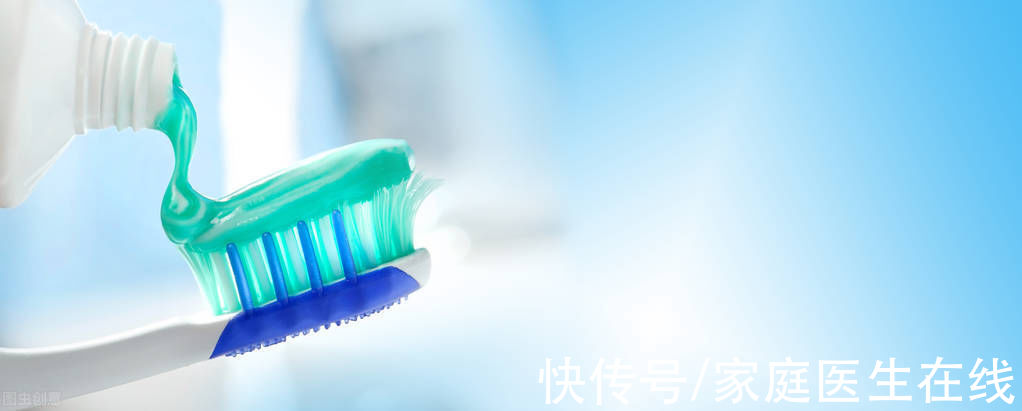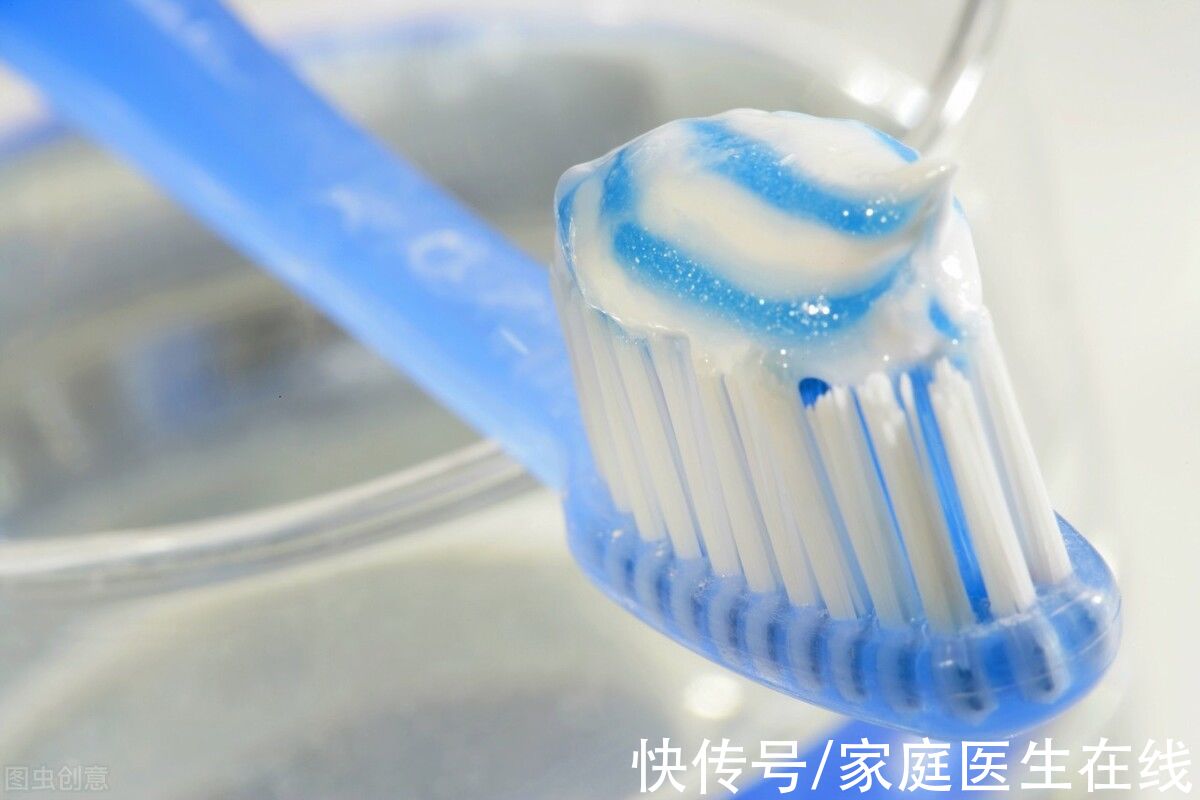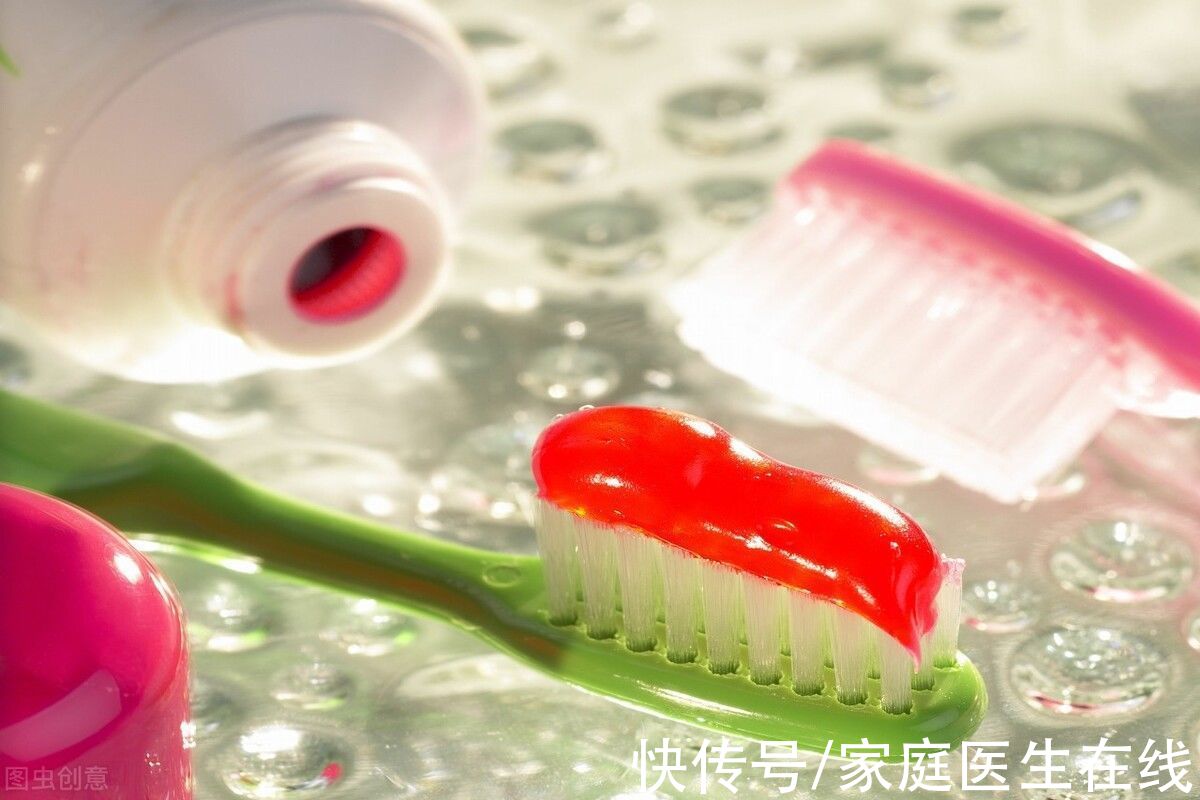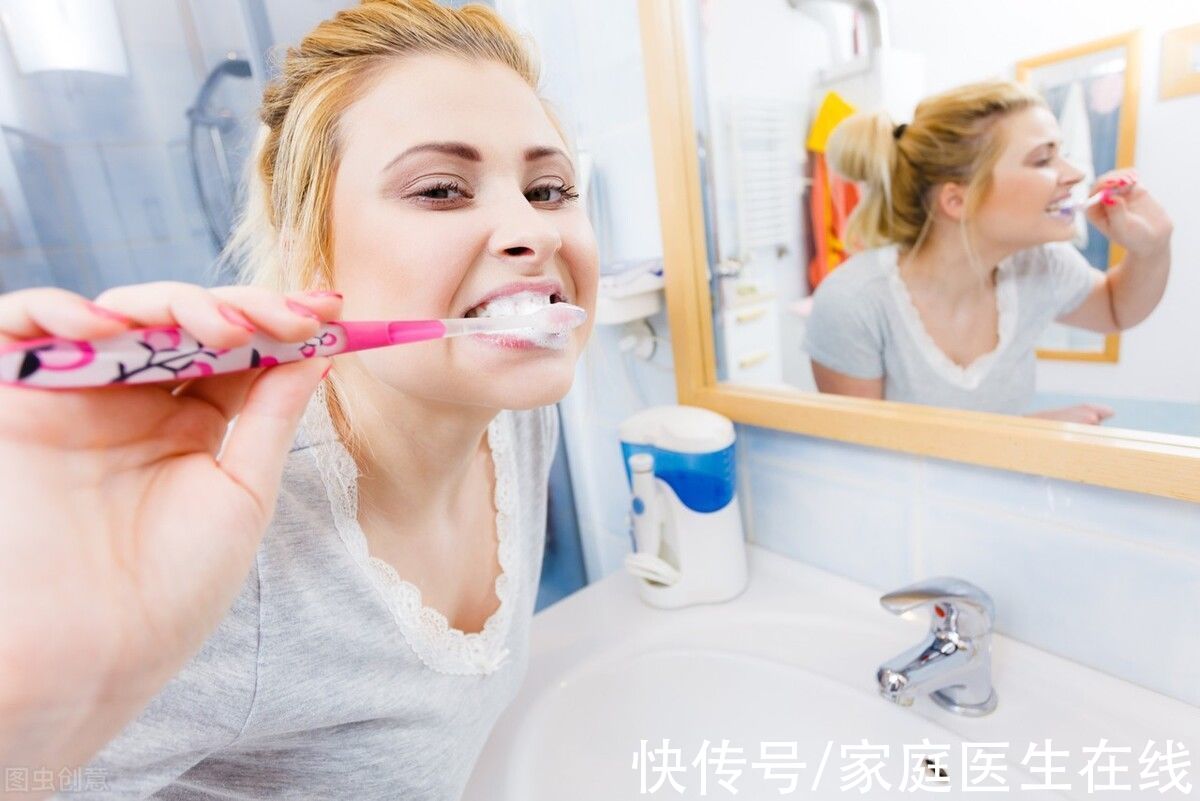Toothpaste is an indispensable fast-moving consumer product in people’s lives. It is needed for brushing teeth in the morning and evening.
I believe everyone knows that oral health is closely related to the choice of toothpaste, but you may not know that choosing the wrong toothpaste may also induce enteritis and increase the risk of colon cancer!

An antibacterial agent often added to toothpaste hides a “killer”
In order to remove the growth in the mouth Antibacterial agents are added to many toothpastes on the market. Among them, the most commonly used antibacterial agent is a substance called triclosan.
Triclosan is a broad-spectrum antibacterial agent that is widely used in textiles, medical devices and various personal care products (such as toothpaste, hand sanitizer, body wash, etc.). It can be absorbed by the body through the skin, oral mucosa and digestive tract.

There have been many literature studies on the effects of triclosan on the body, and the conclusions are mostly negative. Some animal experiments have pointed out that long-term exposure to triclosan can induce liver cirrhosis in mice; some studies have found that it can cause infertility; some reports have mentioned that it may cause cancer. Although the above research results are still controversial, as early as 2016, the US FDA banned the addition of triclosan in hand sanitizers and shower gels.
Studies have confirmed that triclosan can induce enteritis, or be related to tumorigenesis
At present, there are various conclusions about the harm of triclosan. Induce enteritis, and may even be closely related to the occurrence of intestinal tumors.

A few years ago, a research team from MIT published a study in the journal Science Results: Through animal experiments, it was found that exposure to low doses of triclosan in mice increased the risk of enteritis & related intestinal tumors, because it disrupted the balance of intestinal flora in mice and disrupted the intestinal microenvironment.
Recently, the Hong Kong Baptist Convention and a foreign team conducted another study. The results found that after exposure to triclosan, the metabolism of intestinal microbial enzymes in the human body is activated, which can stimulate toxicity and further induce enteritis.

In addition to TCS, which ingredients should be avoided in toothpaste?
In fact, in addition to the toothpaste with triclosan mentioned above, there are many “functional toothpastes” that also have ingredients that harm the oral cavity and the body. When you buy toothpaste every day, you must pay more attention !
Ingredient 1: Hydrogen peroxide
In response to the public’s appearance anxiety, many toothpastes are now advertised as being able to whiten teeth. Most of these whitening toothpastes contain bleaching agents such as hydrogen peroxide. Although it can have a certain whitening effect, due to the irritating nature of hydrogen peroxide, the irritation and damage to the gums and oral mucosa cannot be ignored.

In addition, we also need to be clear, the whiteness of teeth is related to each person’s enamel, the bleaching in toothpaste The agent can only improve the stain on the surface of the tooth, and it is basically useless for the endogenous pigment.
Ingredient 2: Alcohol
Alcohol is known to be a disinfectant, but it is also a desiccant. If you should brush your teeth with toothpaste containing alcohol, although it can temporarily disinfect and sterilize and refresh your breath, alcohol will cause the mouth to dry out, which will lead to faster growth of bacteria in the mouth.

Ingredient 3: Sodium Lauryl Sulfate
Sodium lauryl sulfate is a foaming agent in toothpaste. Medical studies have confirmed that the use of toothpaste without sodium lauryl sulfate reduces the recurrence rate of oral ulcers by 81%, and the condition of ulcers is also alleviated. Therefore, toothpaste containing sodium lauryl sulfate is not recommended for people who often have problems with oral ulcers.
Ingredient 4: Fluoride
In the past, toothpaste containing fluoride has been thought to prevent tooth decay. However, more and more studies have found that fluoride is a toxic compound that can accumulate in human tissues, destroy a variety of enzymes, and then cause a series of adverse reactions in the body, including effects on endocrine function and nervous system.

A message from the doctor
Is it still a good idea to choose toothpaste every day? The less learned are avoiding the harmful effects mentioned above.After the division, the family doctor will give you two suggestions: one is to choose toothpaste based on your own oral conditions. If there is no oral problem, you can choose ordinary toothpaste, and you don’t need to pursue “multi-functionality”; the second is to use the same one for a long time. Toothpaste may cause “resistance” in the mouth and reduce the cleaning effect, so it is best to change toothpaste frequently.
Family doctor online feature, unauthorized reprint